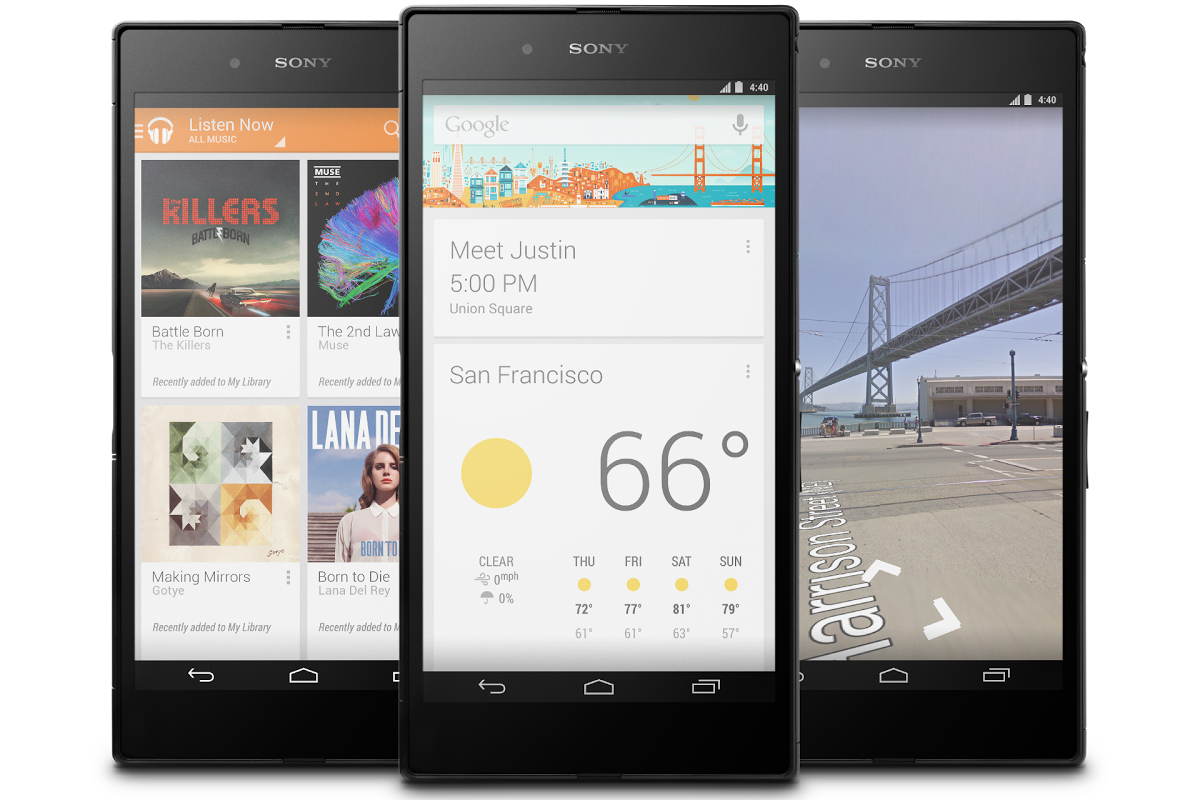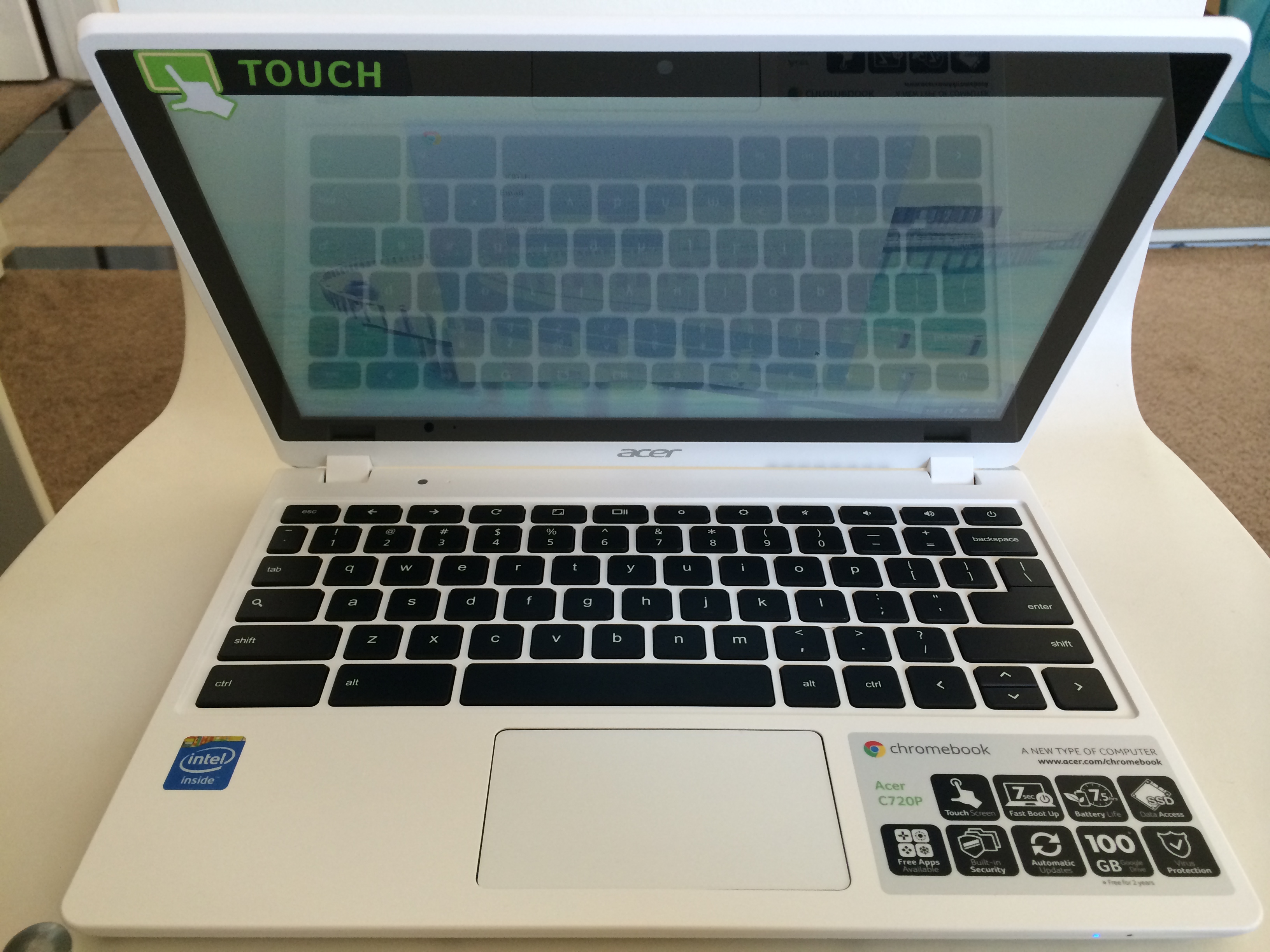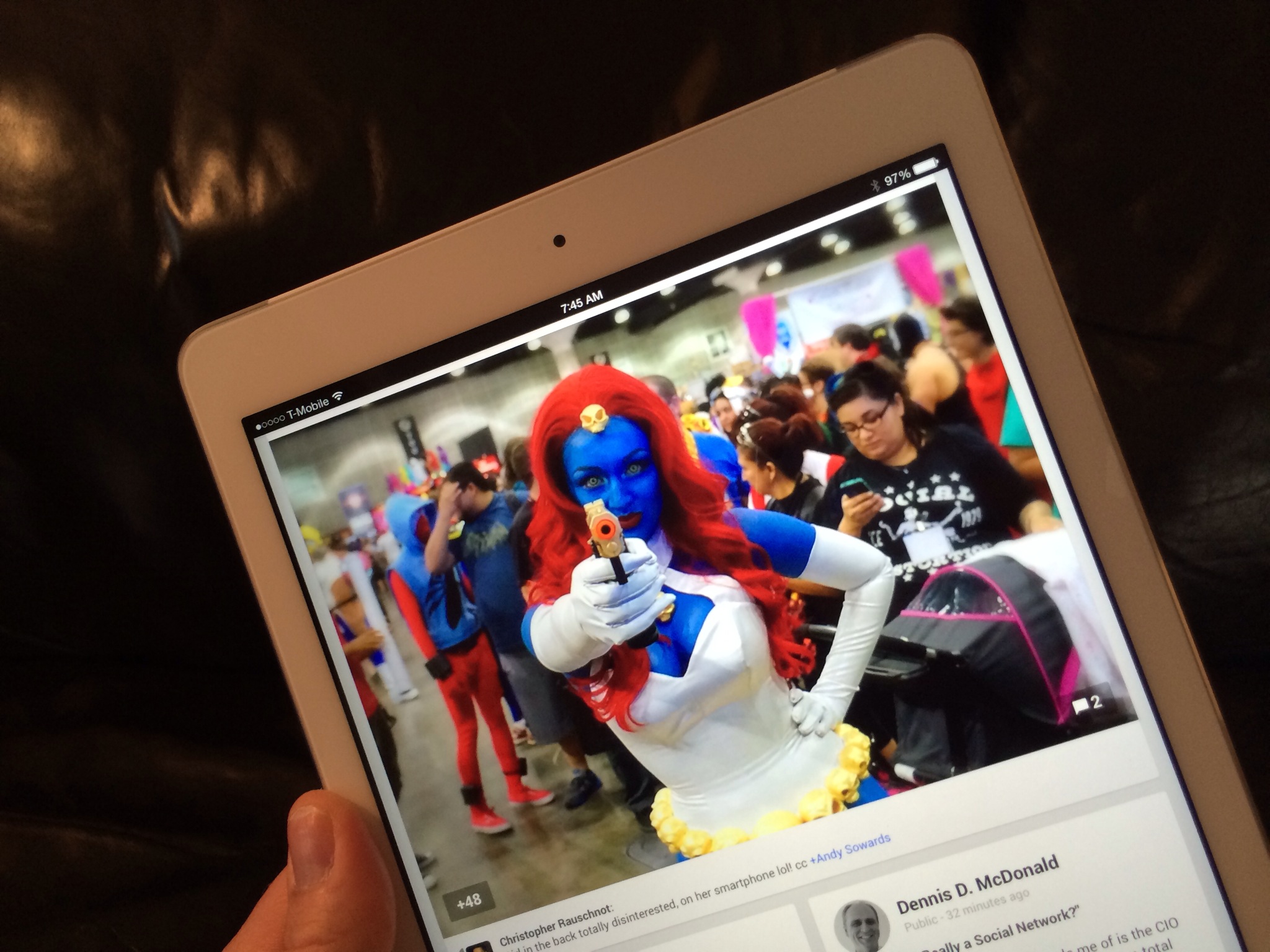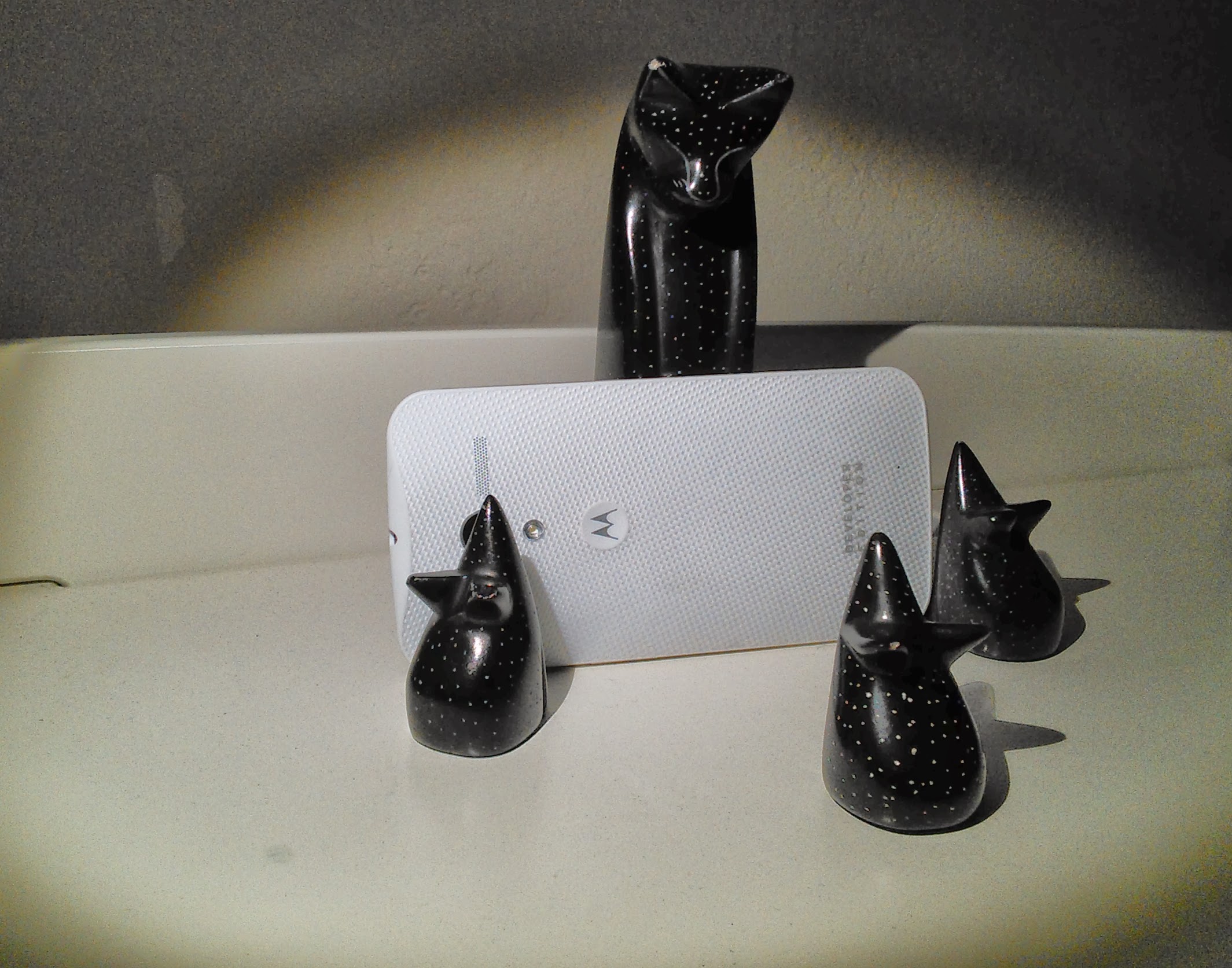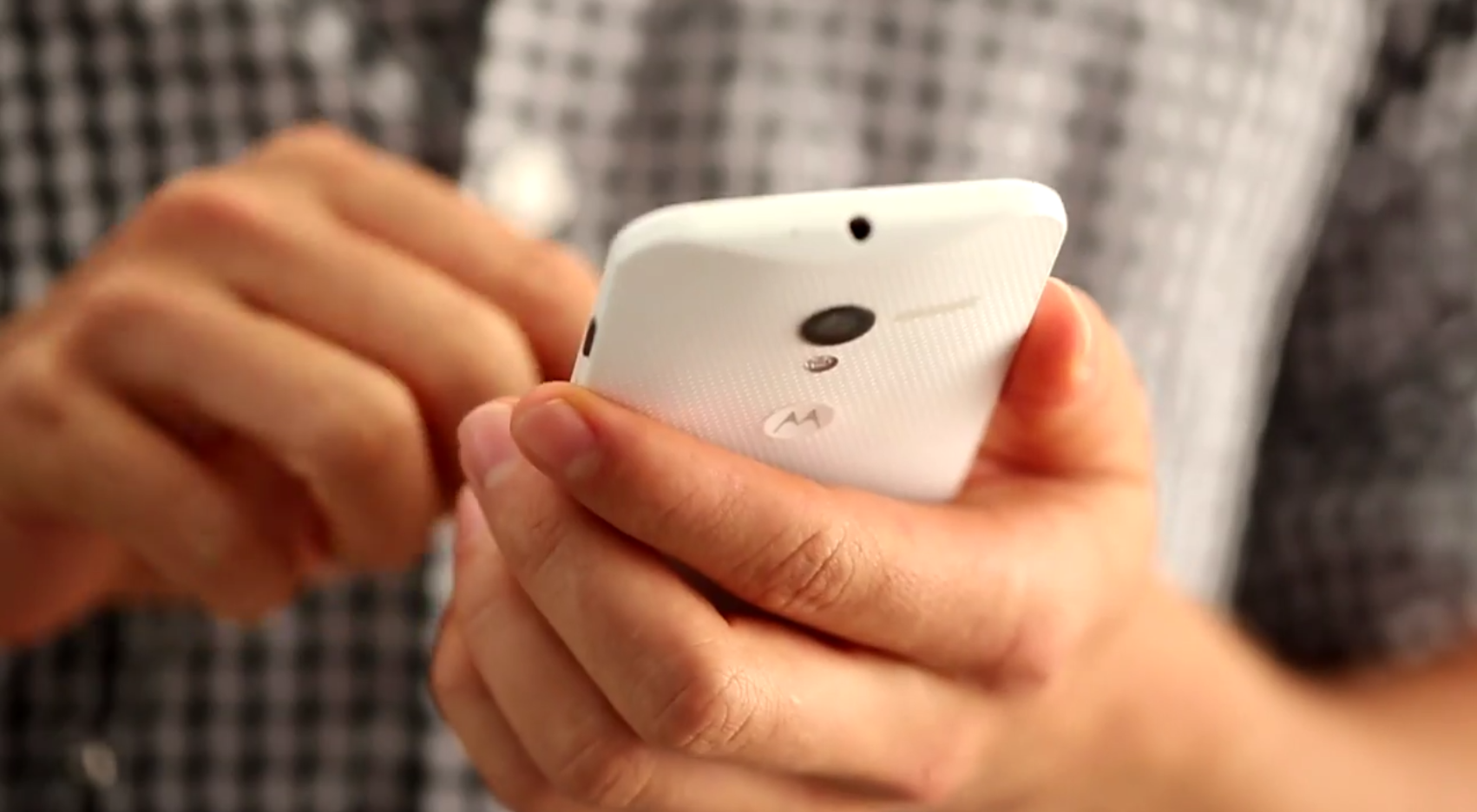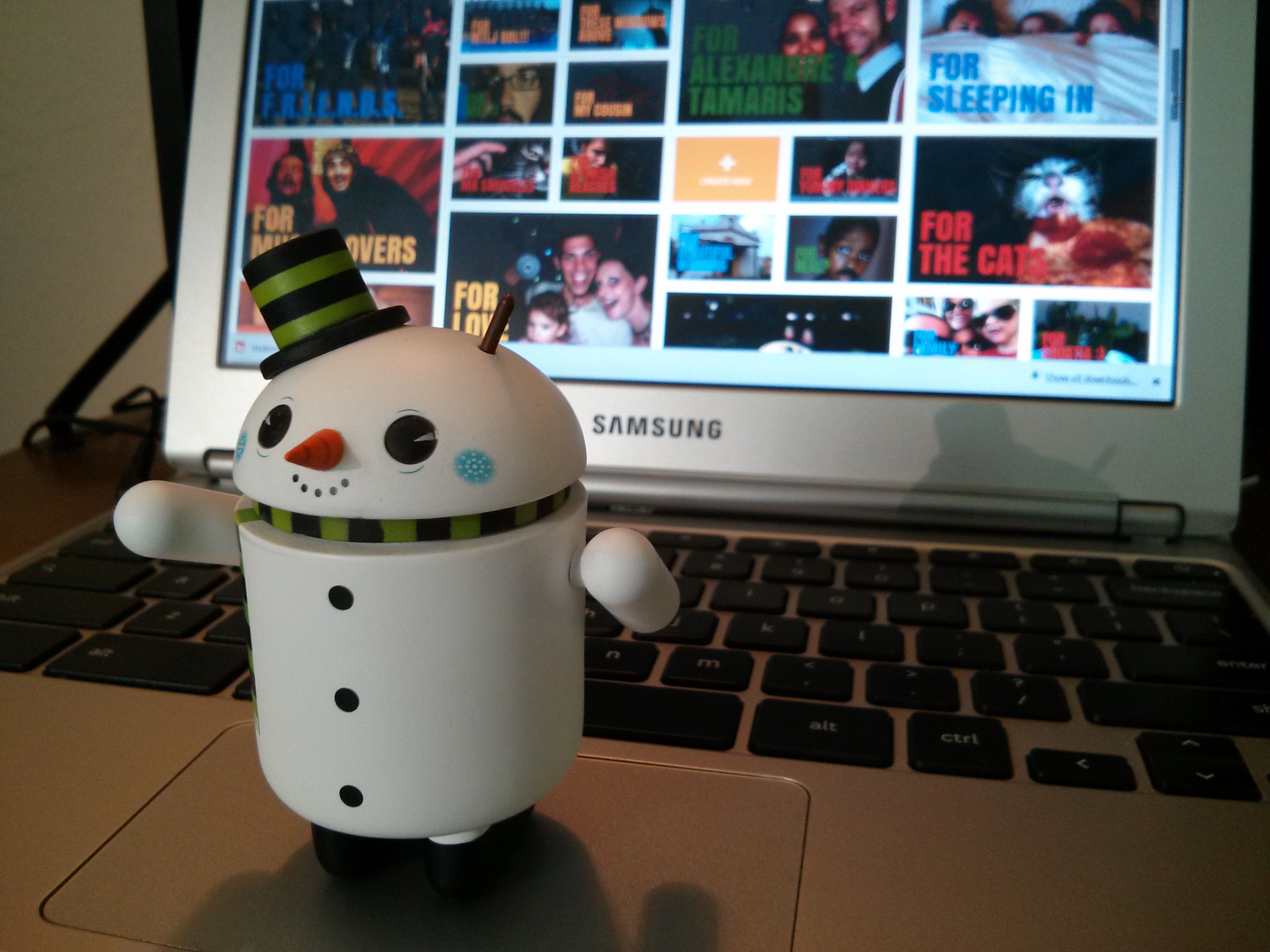I snapped this cat around sunset under overcast skies using HTC One M8. Both renditions are cropped. The left is otherwise untouched. To the right, I applied the phone’s UFocus feature. The One uses a duo-lens system to capture photo and additional depth information. I applied depth-of-field centerpoint to the cat’s face, which blurs rest of the image. I cropped afterwards. UFocus can also change the focal point, even after shooting.
Quite a few reviewers ding The One for having only a 4-megapixel camera. I shake my head and laugh. Look back a few years when 4MP was state of the art, and the same reviewers raved. Here’s the problem I see: Relativity. Making relative assumptions about A to B. Not long ago people praised 4MP for printing large photos, close-cropping, etc.—cited criticisms today. Now that there is 8MP and greater, 4MP is looked down upon.

